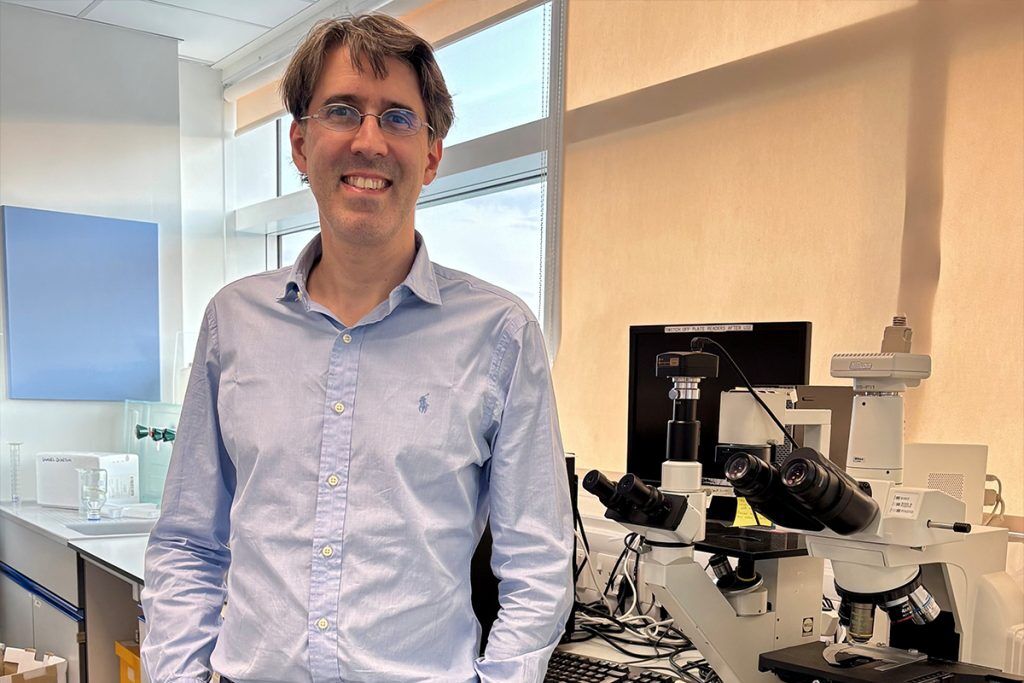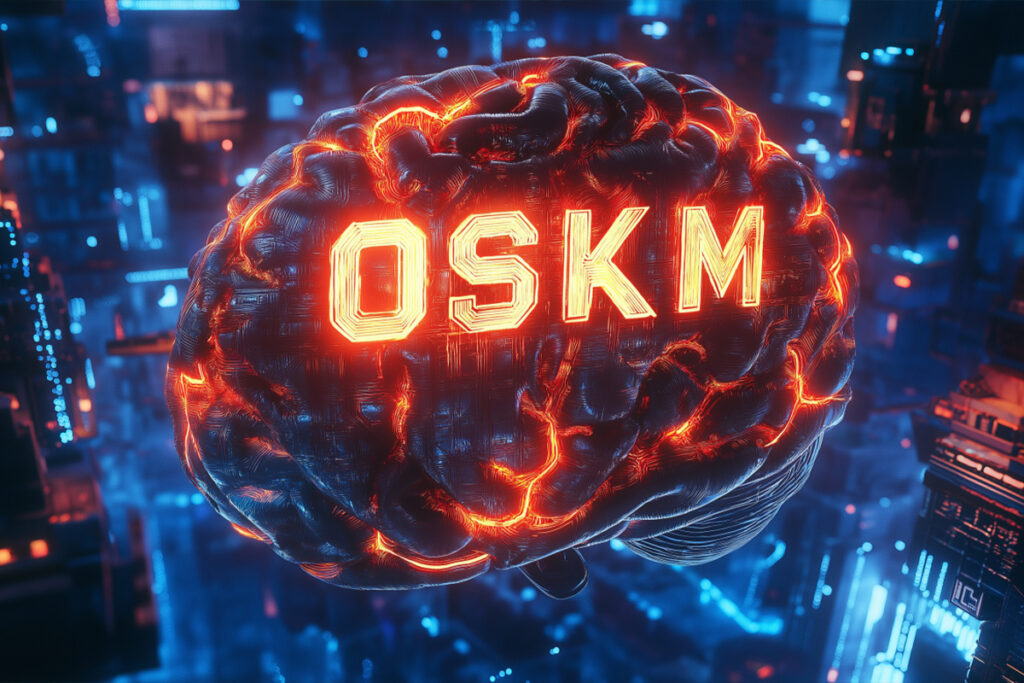YouthBio receives positive FDA feedback on therapy designed to restore youthful gene expression patterns and address drivers of Alzheimer’s.
Epigenetic rejuvenation startup YouthBio Therapeutics has received encouraging feedback from the US FDA on its investigational Alzheimer’s therapy YB002 as it seeks to bring partial cellular reprogramming into the clinic. The company today revealed that, following an INTERACT meeting with the agency, regulators agreed that existing preclinical data support the bioactivity of YB002 and the company’s proposed plans for a first-in-human trial.
YouthBio now plans to prioritize chemistry, manufacturing and controls (CMC) activities along with a pilot toxicology study ahead of a pre-IND meeting to finalize designs for IND-enabling studies, aiming for clinical trials in around three years’ time.
“This is a significant inflection point, shifting the conversation from scientific plausibility to execution and positioning YouthBio to be the first to bring partial reprogramming to the human brain,” said YouthBio CEO Yuri Deigin.
YB002 is a gene therapy designed to transiently express a set of protein transcription factors known as OSKM (short for Oct4, Sox2, Klf4 and c-Myc) in the brain. The approach stems from the Nobel Prize-winning discovery by Shinya Yamanaka in 2006 that adult cells could be reverted to an embryonic-like state by exposure to these factors. Rather than fully reprogramming cells back into stem cells, YB002 uses transient expression to reverse age-related epigenetic changes while maintaining cell identity. The goal is to restore youthful gene expression patterns, improve cellular resilience and address the underlying drivers of Alzheimer’s pathology.
“The FDA’s recognition of our proof-of-concept data is highly encouraging from a scientific perspective,” said YouthBio CSO Dr João Pedro de Magalhães. “Their detailed feedback allows us to focus our resources effectively and build the most robust IND package possible.”

Once confined to academic studies of cellular aging, the epigenetic rejuvenation field is now entering clinical translation, with multiple companies pursuing a variety of indications. Life Biosciences is expected to bring its ophthalmology program to the clinic in 2026 and Turn Biotechnologies is also believed to be close to entering the clinic with its skin-focused therapy, making YouthBio’s decision to target the brain first feel like a bold move.
“Alzheimer’s is the optimal risk-reward: huge unmet need, millions affected, very limited options – and there’s already regulatory precedent for allowing gene therapies to be tested in Alzheimer’s,” Deigin told us. “We also chose the brain because neurons give us a wider safety window for partial reprogramming: across multiple studies, neurons remain resilient to de-differentiation even at expression durations longer than we plan to use. Mechanism and need line up here better than anywhere else.”
As with any new therapeutic modality, safety is a primary concern, a point emphasized by Deigin when he describes the company’s delivery method.
“We’re using a neuron-targeted, doxycycline-inducible, integrase-deficient lentiviral vector with direct, targeted delivery to a specific brain region, so expression is both cell-type-restricted and switchable in time,” he told us. “Importantly, there’s regulatory precedent for direct brain delivery of lentiviral gene therapies – ProSavin and AxoLenti-PD in Parkinson’s, for example – so regulators already know this modality and route. That de-risks our path and reduces regulatory uncertainty.”
Interestingly, the delivery method proposed by YouthBio is essentially the same as that of the successful Huntington’s gene therapy that hit the headlines yesterday, although YB002 will be delivered to the hippocampus.
‘A critical milestone’
The origins of YouthBio’s strategy dates back to 2016, when research led by scientific collaborator Dr Alejandro Ocampo demonstrated that transient expression of OSKM factors in vivo could reverse cellular markers of aging, improve tissue regeneration and extend lifespan.
“It is gratifying to see the field of partial reprogramming entering clinical translation,” said Ocampo. “This FDA feedback marks a critical milestone for both YouthBio and the entire field.”
More recently, a 2024 preclinical study by Ocampo and YouthBio explored neuron-specific partial reprogramming in the dentate gyrus, a hippocampal region central to learning and memory. The researchers found that aged mice exhibited significant improvements in cognitive performance following treatment, particularly when OSKM factors were targeted to the dentate gyrus. Younger mice did not show the same effect, underscoring the potential for age-specific therapeutic benefit.
In parallel work, transgenic models with inducible OSKM expression showed reductions in amyloid-beta pathology and improvements in memory, further strengthening the company’s case for clinical development in Alzheimer’s disease. Since then, multiple studies have reinforced the therapeutic potential of partial reprogramming across models of aging and neurodegeneration.
“Since our 2024 collaboration with Ocampo, our focus has been translation (CMC and clinical planning) rather than expanding animal datasets,” Deigin told us. “That said, independent work has reinforced the approach – for example, Shen et al., 2024 used neuron-specific OSKM induction in the hippocampus and reported functional benefits, which is very aligned with our strategy. This kind of independent validation from another respected lab reinforces the growing consensus around this therapeutic strategy.”
Human trials on the horizon
The FDA’s recent acknowledgment that YouthBio’s proof-of-concept data support bioactivity and a first-in-human trial provides the company with a clearer regulatory path at what is still a relatively early stage.
“At a high level, the FDA’s written response agreed that our existing data support bioactivity of YB002 and a path toward a first-in-human trial, and they provided constructive guidance on CMC – potency/comparability in particular – and on the scope of IND-enabling studies,” Deigin told us. “We won’t share confidential details, but the takeaway is: execute targeted CMC and pilot tox, then align at pre-IND on the pivotal package.”
That alignment is expected to help the company focus resources on building a robust IND package and advancing YB002 into clinical testing. If successful, YouthBio will become one of the first to move partial epigenetic reprogramming into human trials.
“We have a clear, capital-efficient plan,” said Deigin. “Near-term we’ll complete the pilot tox and initial CMC steps over the next 18 months or so, then seek a pre-IND to lock the IND-enabling plan. With data and resourcing lining up, we aim to start GLP tox after that and are targeting first-in-human in around 3 years.”

